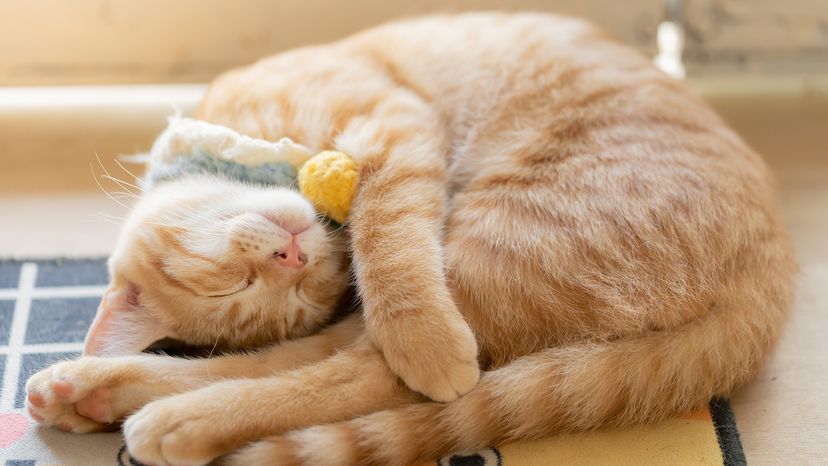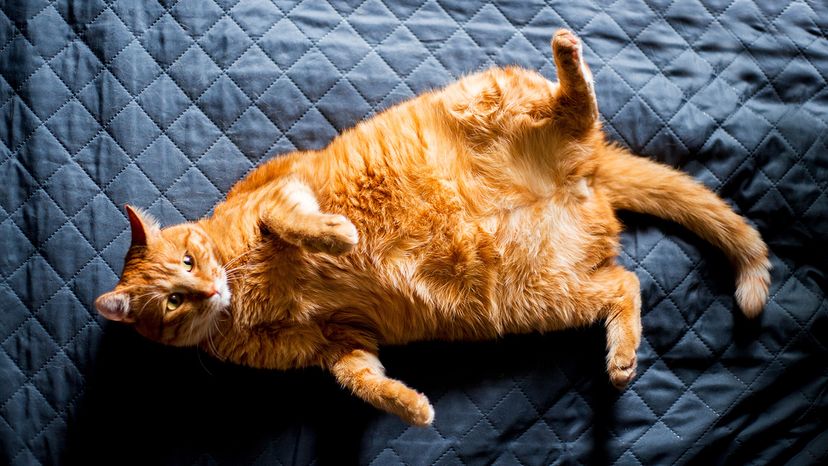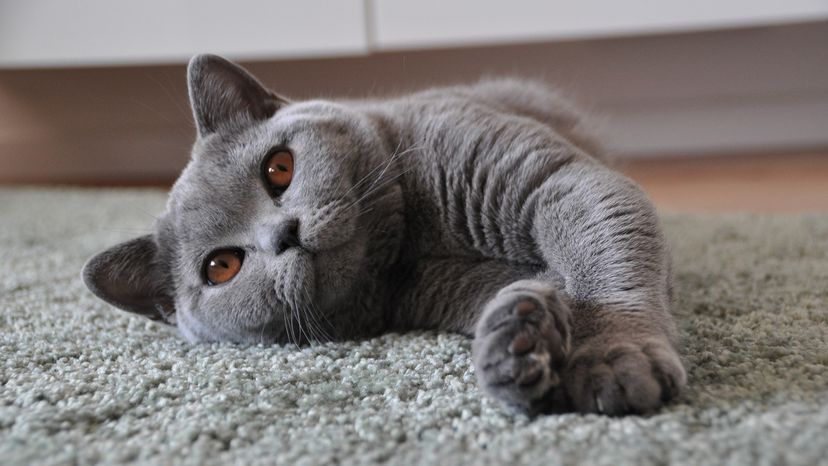
A snoring cat might sound cute, but that rumble from your feline's nose can raise some questions. Is it normal, or a sign of trouble?
The truth is, cat snoring can be harmless or hint at something more serious.
Advertisement

A snoring cat might sound cute, but that rumble from your feline's nose can raise some questions. Is it normal, or a sign of trouble?
The truth is, cat snoring can be harmless or hint at something more serious.
Advertisement
Like humans, cats snore when airflow through their upper airway gets partially blocked. This happens when soft tissue vibrates as air passes during sleep.
Some cats snore more than others due to head shape, sleeping position, or excess weight.
Advertisement
Brachycephalic breeds (flat-faced cats like Persians and Exotic Shorthairs) are more likely to have noisy breathing because of narrow nostrils and elongated soft palates. These features restrict airflow through the nasal cavity and upper airways, especially during deep sleep.

Snoring in cats isn't always just about sleep positions. Other factors that can trigger those nighttime rumbles include:
These issues can restrict breathing and amplify snoring sounds.
Advertisement
Many cat owners notice that their cat snores now and then. If your pet is otherwise healthy, occasional snoring — especially during certain sleep cycles or when in a strange position — can be completely normal.
Cats sleep in various positions that may cause tissues surrounding the nasal passages to partially block airflow. This is especially true if your cat's mouth is open or the head is tilted.
Advertisement
While snoring can be harmless, it sometimes points to a bigger issue. If you notice any of the following, it's best to take your cat to the vet:
A vet may examine the nasal cavity for obstructions or infection, and assess your cat's weight or soft tissue around the throat and face. Hopefully, they'll be able to tell you whether your cat's snoring is a result of respiratory infection, obesity, or another concerning factor.
Advertisement

Brachycephalic cats such as Persians, Exotic Shorthairs, and Himalayans are well-known for their snoring. Their flattened faces and smaller airways make them especially prone to loud, frequent snores.
These breeds may also suffer from an elongated soft palate or narrow nostrils, both of which can make breathing during sleep more difficult. Many cat parents of these breeds should be alert to any changes in breathing patterns.
Advertisement
There are several things a cat owner can do to manage or reduce pet snoring.
In some cases, changing your cat's sleep position can reduce snoring. Try gently repositioning snoring cats if they're particularly loud.
Advertisement
We created this article in conjunction with AI technology, then made sure it was fact-checked and edited by a HowStuffWorks editor.
Advertisement
Please copy/paste the following text to properly cite this HowStuffWorks.com article:
Advertisement